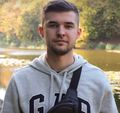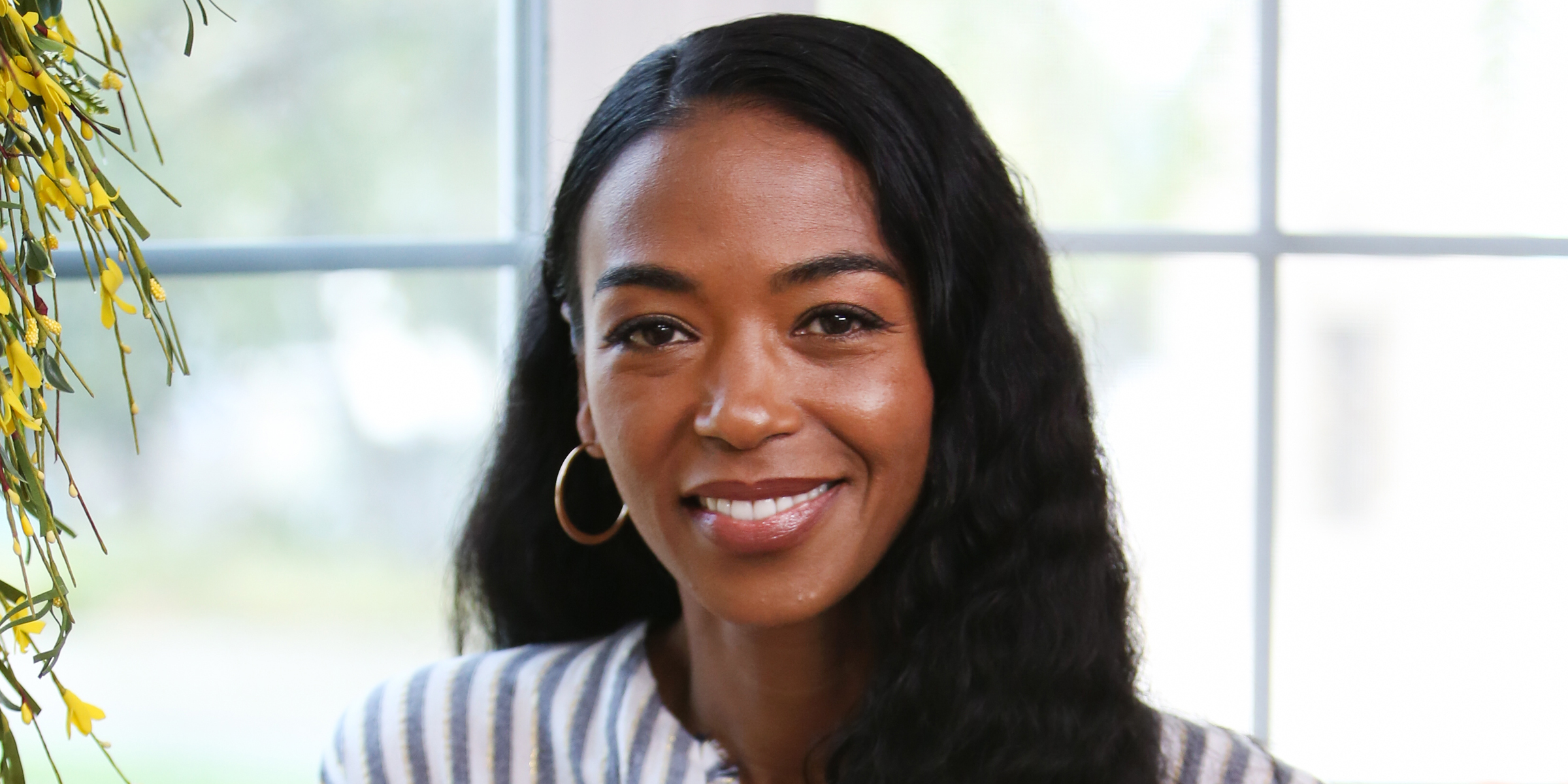
Former MTV Host and VJ Ananda Lewis Dies at 52 – Details
Years after making a heartbreaking announcement about a diagnosis she received, Ananda Lewis, who recently opened up about her health journey, died.
Ananda Lewis, well-known for being a former MTV host, Video Jockey (VJ), and trailblazer in the entertainment industry, has sadly passed away at the age of 52. News of her demise was confirmed via a tear-jerking Facebook post shared by her sister, Lakshmi Emory, on June 11, 2025.
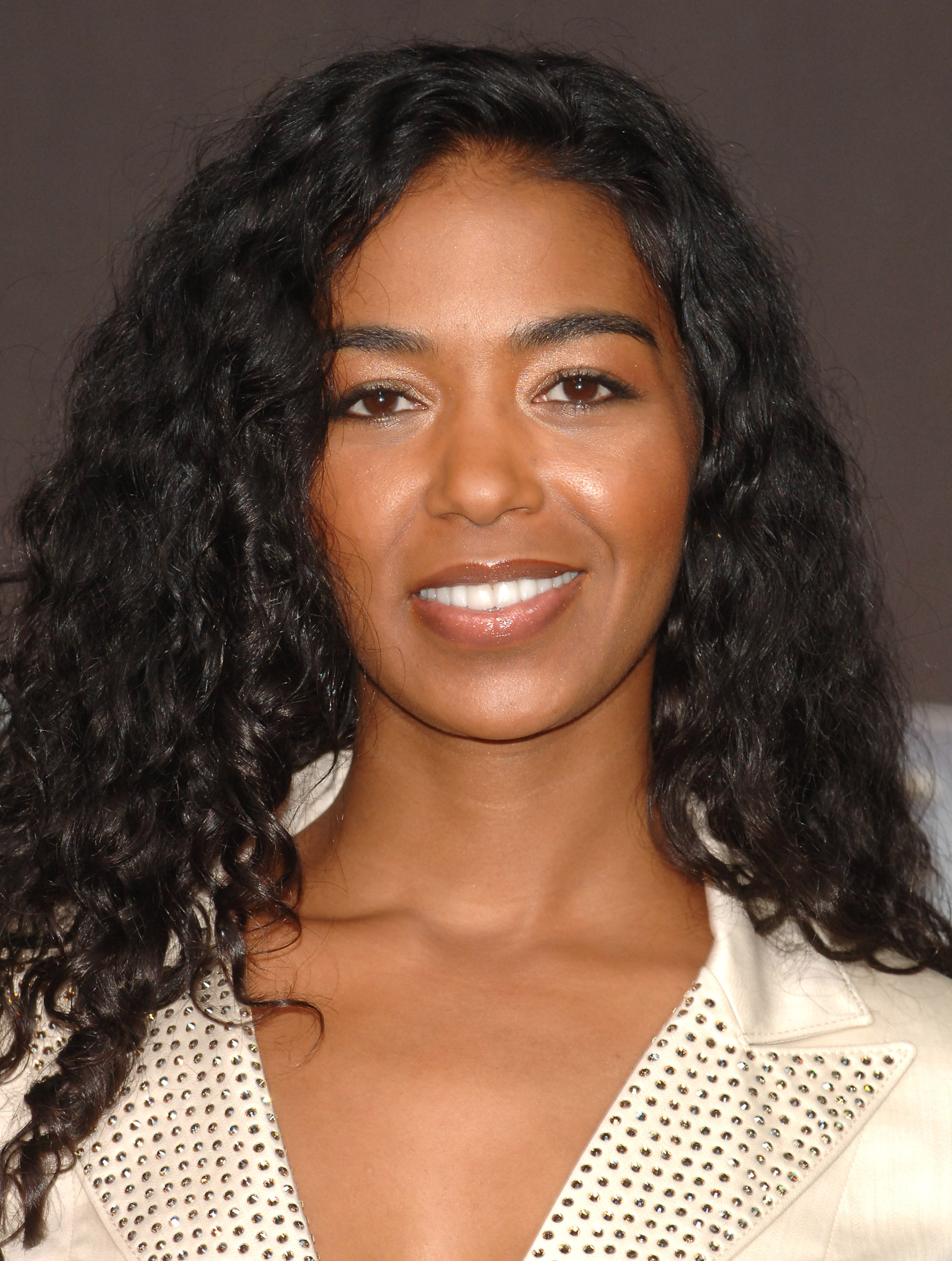
Ananda Lewis at BET's 25th anniversary event in 2005. | Source: Getty Images
In addition to confirming the sad news, Emory's words are embedded in grief and prayerful reflection. Along with her short yet poignant message, she posted a striking black-and-white image of Lewis seated gracefully on a couch, bathed in soft daylight that filtered through a window behind her.
Dressed in a striped blouse cinched slightly at the waist, Lewis showcased a calm, radiant smile that captured her poise, warmth, and quiet strength. The message from her sister, paired with the serene photo, offered a moment of reverence.
Years before her death, Lewis made the difficult decision to reveal a private battle she had been quietly fighting. On October 2, 2020, in a deeply emotional Instagram video posted in recognition of Breast Cancer Awareness Month, she announced that she had been living with stage three breast cancer.
Appearing calm but resolute, Lewis sat in front of a stone-framed fireplace. She wore a rust-colored floral top and left her long, natural curls resting softly over her shoulders.
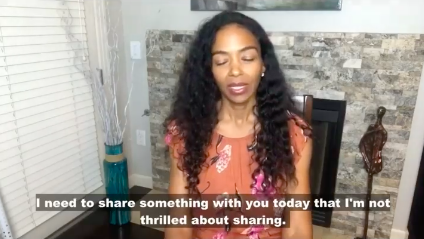
Ananda Lewis disclosing her cancer diagnosis, posted on October 2, 2020. | Source: Instagram/imanandalewis
In the video, Lewis explained that she had kept her diagnosis private for nearly two years, choosing to shield herself from unnecessary stress while focusing on healing. She admitted that even close family and friends were hearing the news for the first time through the video, not out of disregard, but because, as Lewis put it, "there's nothing any of you could have done."
Her tone, though filled with emotion, never wavered from clarity as she shared what led to her condition: Years of declining mammograms due to fears about radiation exposure.
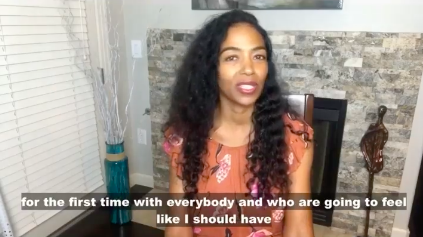
Ananda Lewis discussing the news of her diagnosis. | Source: Instagram/imanandalewis
"I watched my mom get mammogrammed for 30 years almost [sic]. And at the end of that, she had breast cancer. And I said, huh, radiation exposure for years? Breast cancer? Yeah, I'm going to pass," divulged Lewis.
Instead, she believed in alternative healing methods and remained skeptical of mainstream protocols. However, she admitted, "I have been doing 100% alternative and natural protocols and treatments. And I have helped this particular condition not spread like wildfire through my body. That's good news. But it's not gone. And I still have a lot of work to do. And I wish I could go back."
With unmistakable sincerity, she urged women not to make the same choice she did. Lewis explained that while she stood by her views on radiation, she acknowledged the life-saving importance of early detection.
"If I had done the mammograms from the time they were recommended when I turned 40, they would have caught the tumor in my breast years before I caught it through my own breast exam, self-exam, and thermography," Lewis shared.
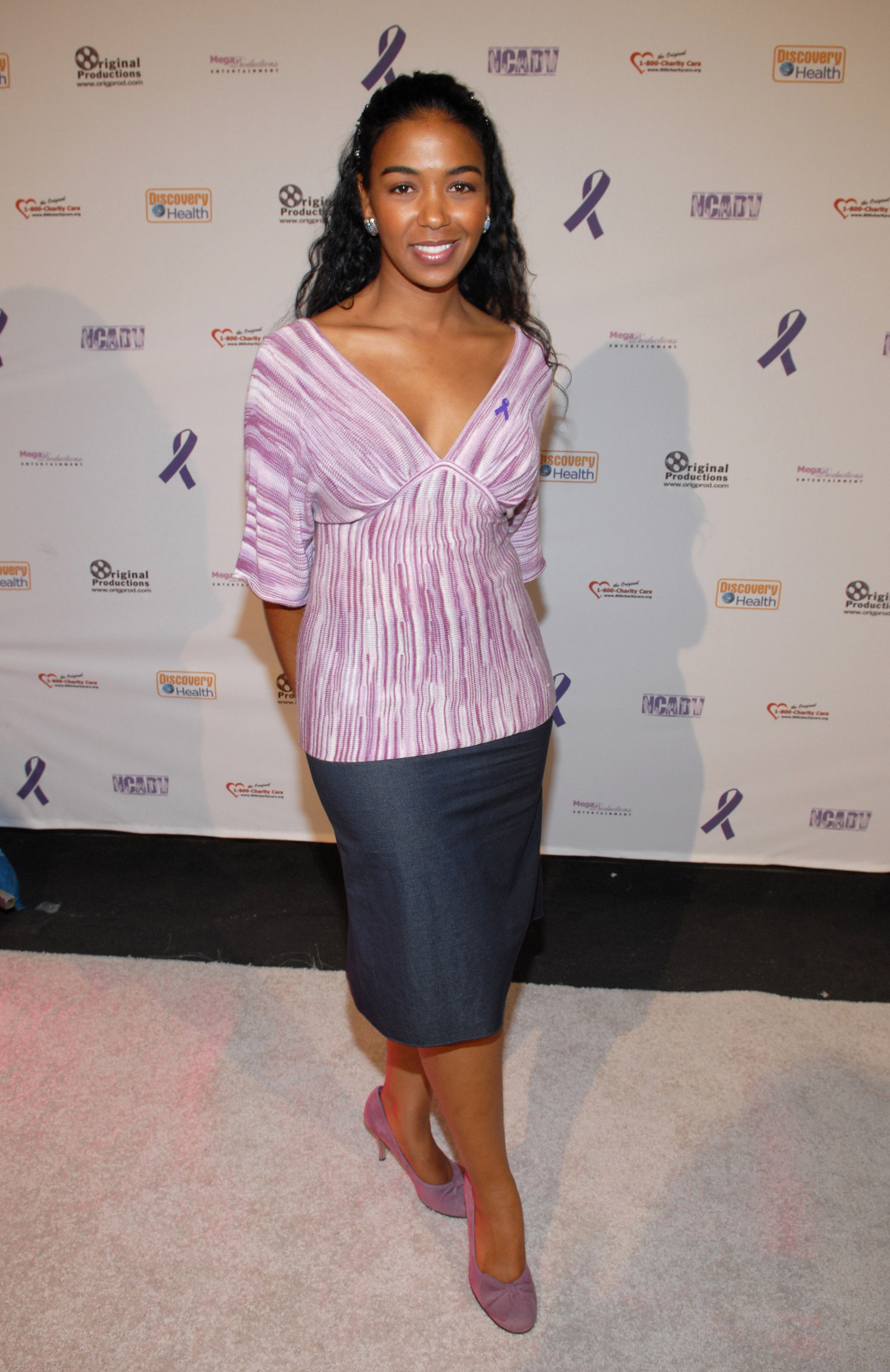
Ananda Lewis at the Plastic Surgery: Before & After "Reconstructing Carolyn Thomas" Documentary in Los Angeles, California in 2006. | Source: Getty Images
She continued, "And they would have caught it at a place where it was more manageable, where the treatment of it would have been a little easier."
She also revealed the physical toll of catching it late, noting that two PET scans she had undergone exposed her to radiation equivalent to 60 mammograms — a devastating irony that she used to drive home the urgency of screenings.
Beyond medical advice, Lewis spoke candidly about the emotional weight of her journey. "I have a nine-year-old I need to be here for," she said. "I have no intention on [sic] leaving him. I don't want to leave any of my kids." Lewis also made it clear that she wasn't sharing her story for sympathy.
"Don't be sorry for me. Don't be sorry this happened," she told viewers, emphasizing that her mission was rooted in empowerment.
Her belief in the body's ability to heal, her spiritual faith, and her unwavering hope were constants throughout the video. "This will not steal my joy," Lewis declared.
In just over six minutes, she transformed a personal battle into a powerful public service message. She ended the video by asking those who watched it to share it with a woman they love — because, as she emphasized in her caption, "These six minutes could help save her life."
By January 2025, Lewis had entered a new phase in her fight, as it was revealed in an interview with Essence that her cancer had progressed to stage four. But even in the face of that stark reality, Lewis's words carried the same fierce optimism and clarity of purpose that had defined her earlier messages.
"Stage 4 doesn't mean to me that all hope is lost and I'm going to die," she expressed, pushing back against headlines that had cast her future in fatalistic terms.
Instead, she viewed it as a call to dig deeper, to fight smarter, and to continue leaning into the integrative treatments she believed in.
Her regimen blended conventional medicine with holistic practices, including traditional Chinese therapies and insulin-potentiated chemotherapy. According to Lewis, then-recent PET scans had shown encouraging signs, with new areas of cancer activity discovered months earlier now significantly reduced or no longer active.
She was determined to maintain that progress, crediting both her medical team and her unrelenting commitment to doing the work required to heal.
Importantly, Lewis used the platform not only to speak about her treatments but also to challenge perceptions around terminal illness. "Stage 4 isn't scary for me. I believe that what I'm doing will work if I continue seeing it through," stated Lewis.
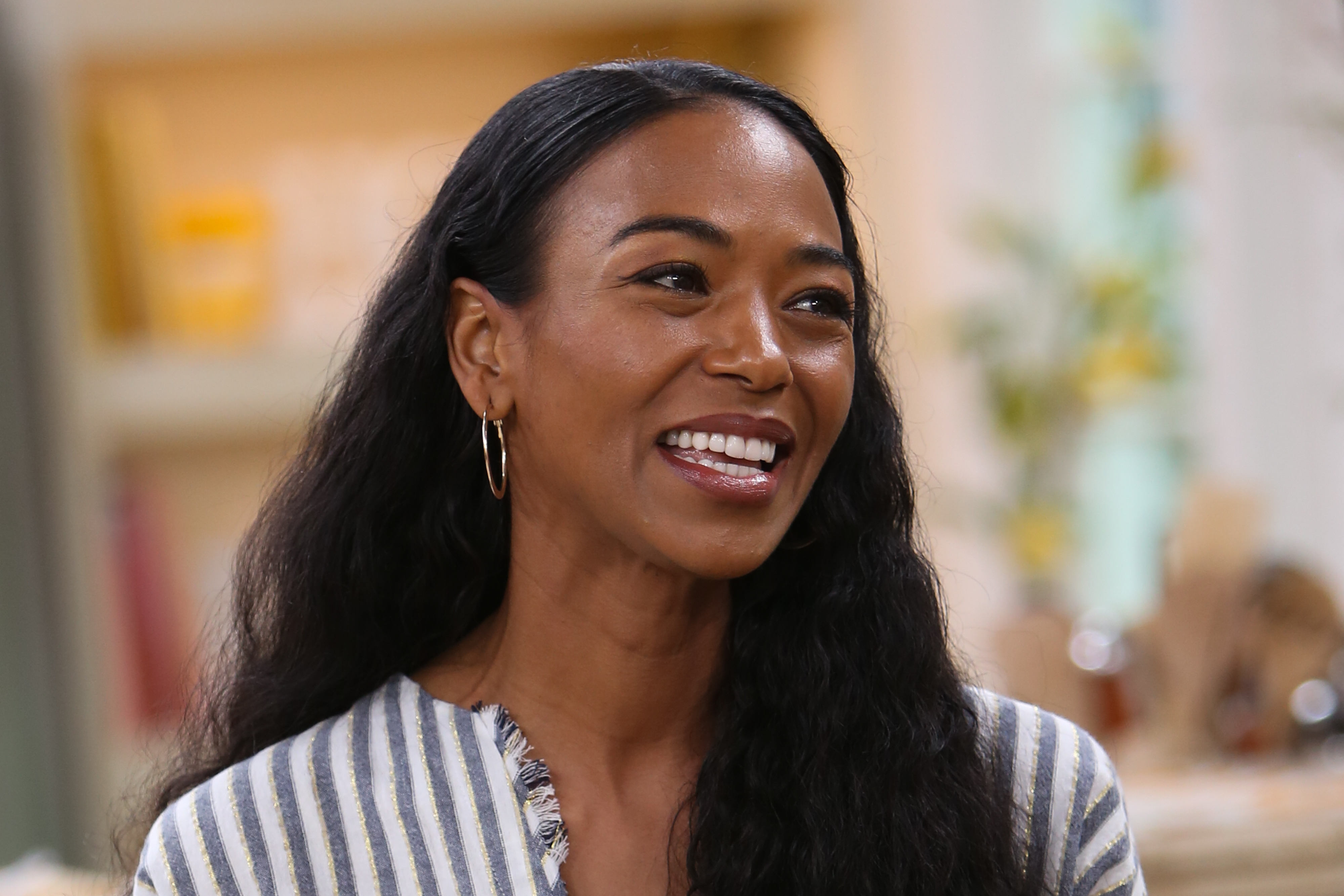
Ananda Lewis visiting Hallmark's "Home & Family" in Universal City, California on March 21, 2019. | Source: Getty Images
She saw herself as living proof that integrative medicine, while unconventional, held powerful potential. Her hope also extended beyond herself — she longed for a future where all women had access to the full range of healing options, and where insurance systems recognized and supported those choices.
Philosophical as she was practical, Lewis reflected deeply on life's impermanence, insisting that confronting mortality could inspire more intentional living. She didn't want to waste time suffering, physically or emotionally.
Her goal, she noted, was to reach the end of her life and be able to say, "I did that exactly how I wanted to." And as she looked ahead to 2025, her message to other women was both cautionary and empowering.
She encouraged them to prioritize their health before crisis struck, recommending everything from consistent cold plunging and vitamin D monitoring to better sleep and detox routines. With striking honesty, Lewis admitted that had she known then what she had come to know before she died, her journey might have looked very different.
Still, her tone was never bitter. If anything, it was urgent, loving, and resolute — the voice of a woman who had learned to meet adversity with intention, wisdom, and grace.
Before her Essence interview, Lewis opened up in 2024 during a candid conversation with CNN's Sara Snider and Stephanie Elam. Speaking with unfiltered honesty, Lewis shared that after doctors recommended a double mastectomy, she chose instead to pursue alternative treatments — a deeply personal decision shaped by years of research and a belief in the body's innate intelligence.
Though her sister, a physician and cancer survivor, followed conventional protocols, Lewis took a different path, focusing on detoxification, emotional healing, and major lifestyle changes.
She described how early successes, including a temporary regression to stage two, were later met with setbacks, particularly when the COVID-19 pandemic disrupted her access to essential therapies and monitoring. By late 2023, scans revealed an alarming spread of cancer, including up her spine and hips.
It was during this physically painful period, Lewis revealed, that she first truly felt death's presence. Still, even in recounting those dark moments, she remained introspective and deeply committed to learning from every step of her journey.
In 2024, Lewis also opened up to The Washington Post, offering further insight into the decisions and beliefs that shaped her cancer journey. She candidly reflected on her choice to avoid mammograms for many years.
Over time, however, her perspective evolved. She acknowledged that her earlier assumptions were a "misunderstanding," realizing too late that the value of mammograms lies not in preventing cancer entirely, but in catching it early enough to act.
Lewis also addressed the backlash she received for sharing her unconventional approach to treatment, admitting that while it was difficult, she felt it was important to speak out so that others might learn. "I'm tough. I can take it," she told the outlet.
While Lewis spoke openly about her cancer battle, she often returned to one of the people who mattered most to her — her son. The boy she lovingly mentioned in her cancer diagnosis announcement video remained the center of her world.
She shared tender moments with him on social media, including a video where the two sat snuggled on a couch, reading a book about Martin Luther King Jr. together.
In that quiet moment, Lewis radiated warmth and joy — a reflection of the love she poured into motherhood. She shared her son with Harry Smith, brother of actor Will Smith.
Long before her health challenges, Lewis was a magnetic presence in the entertainment world. A graduate of Howard University, she first rose to prominence as the host of BET's "Teen Summit," where she once interviewed then-First Lady Hillary Clinton. In 1997, she joined MTV, becoming one of the network's most recognizable and stylish VJs.
Her charisma made her more than just a host — she became a staple on the celebrity scene, often spotted among hip-hop's elite and dubbed "the hip-hop generation's reigning It Girl."
From Q-Tip and Lenny Kravitz to Shaquille O'Neal, Lewis was embraced by artists and icons alike. Behind the scenes, though, her story held layers of struggle and healing.
Born in Los Angeles in 1973, she was raised primarily by her mother and grandmother in San Diego following her parents' divorce. Lewis was candid about the emotional toll those early years took. As a child and teen, she often clashed with her mother, describing their dynamic as fraught with resentment and pain.
But in adulthood, she sought peace and reconciliation. "I decided to close the chapter on being hateful and resentful toward my mom," she once revealed, choosing instead to embrace love, forgiveness, and appreciation.
In every chapter of her life — as a media personality, mother, daughter, and warrior — Lewis met challenges with honesty, strength, and deep intentionality.
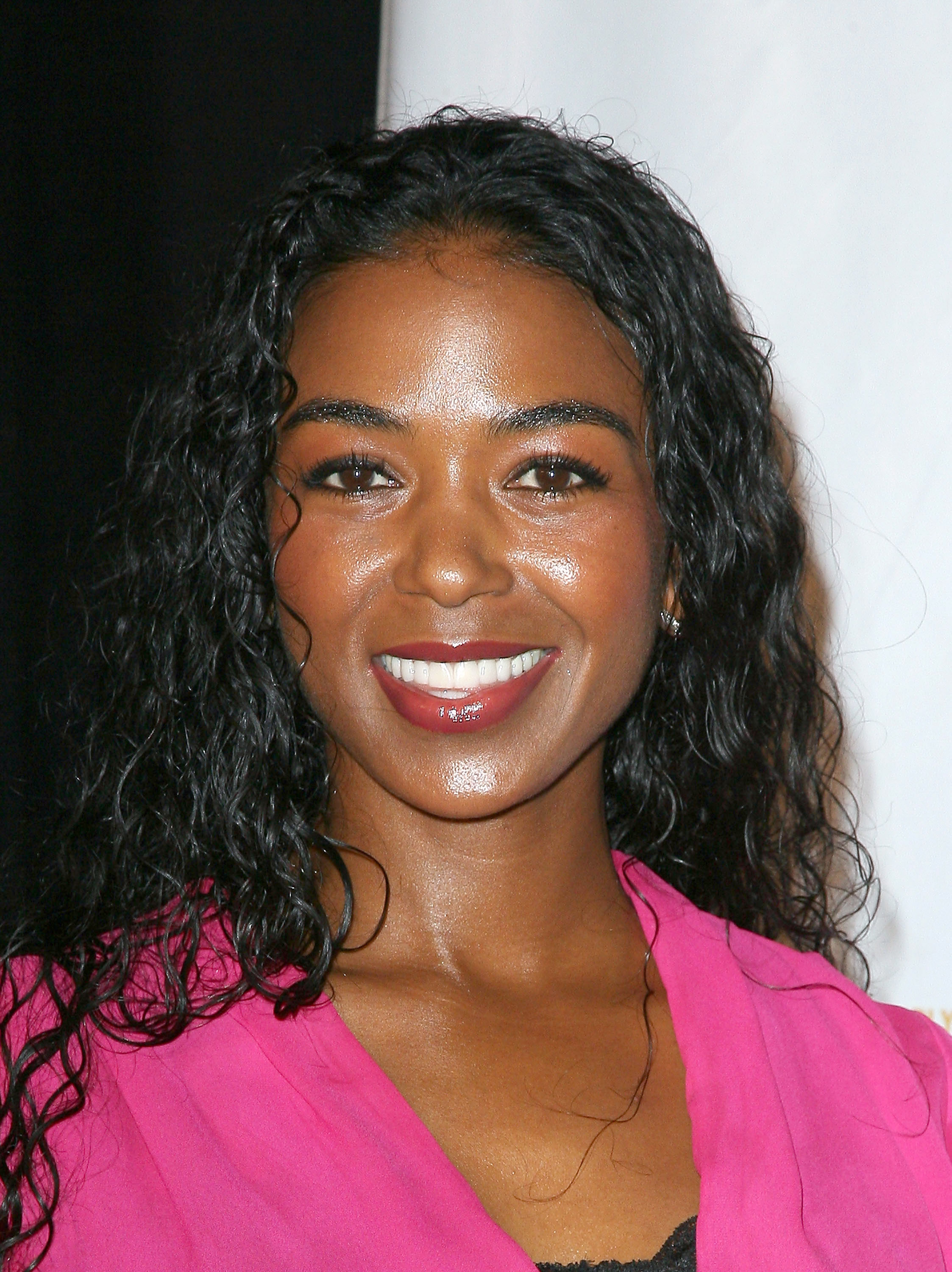
Ananda Lewis at the 18th Annual NAACP Theatre Awards in Los Angeles, California on June 30, 2008. | Source: Getty Images
At this time, we wish to extend our most heartfelt condolences to Emory, Lewis's son, her mother, other family members, friends, community, and all who knew and loved her, as they mourn such a significant loss. We hope for their healing amid their time of grief. RIP, dear Lewis.
The information in this article is not intended or implied to be a substitute for professional medical advice, diagnosis or treatment. All content, including text, and images contained on ondoho.com, or available through ondoho.com is for general information purposes only. ondoho.com does not take responsibility for any action taken as a result of reading this article. Before undertaking any course of treatment please consult with your healthcare provider.
